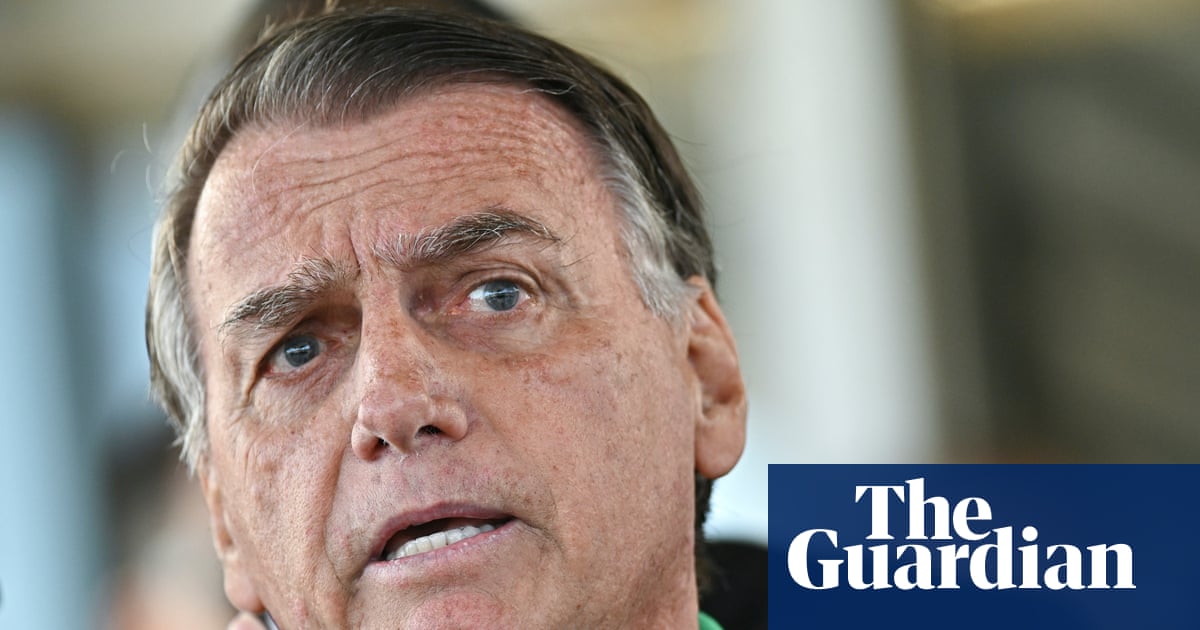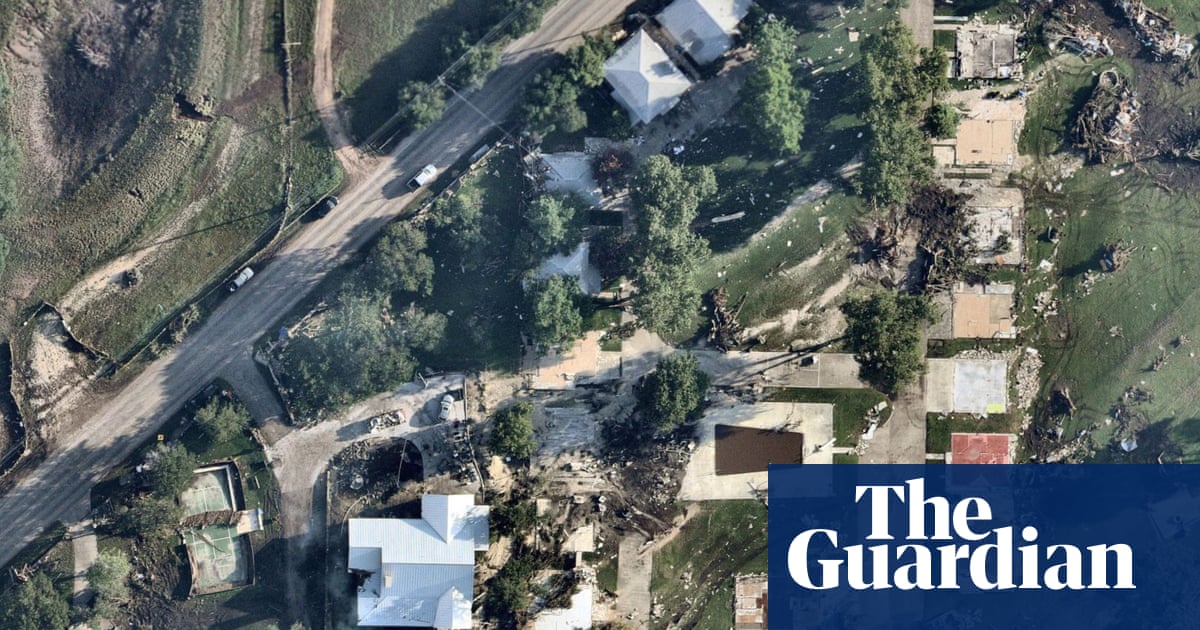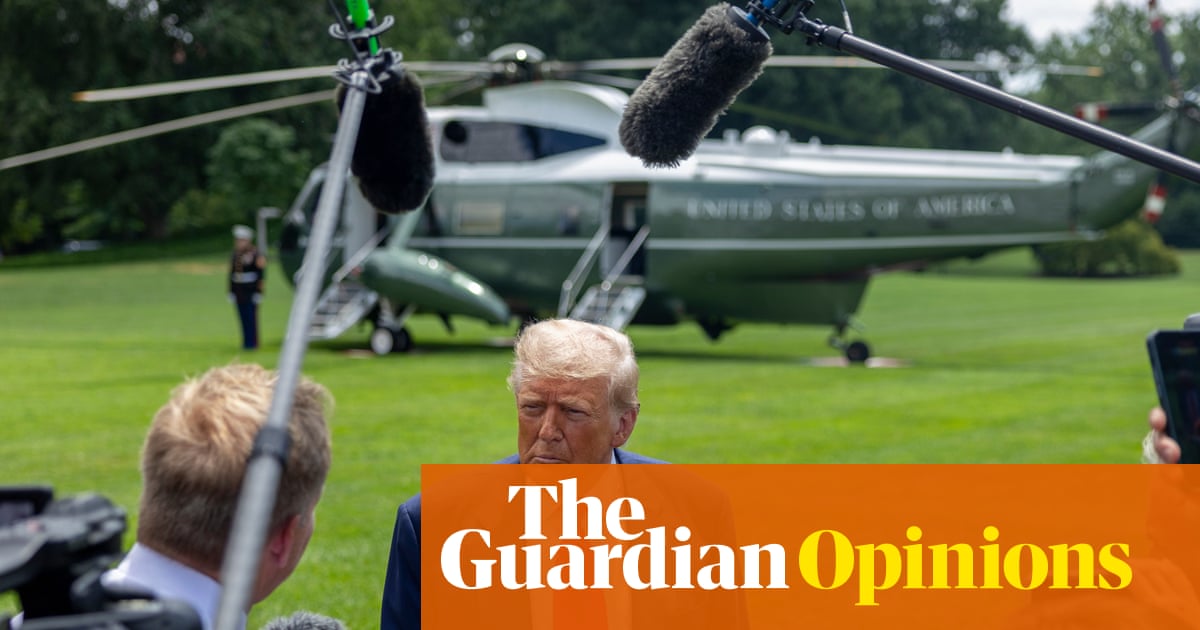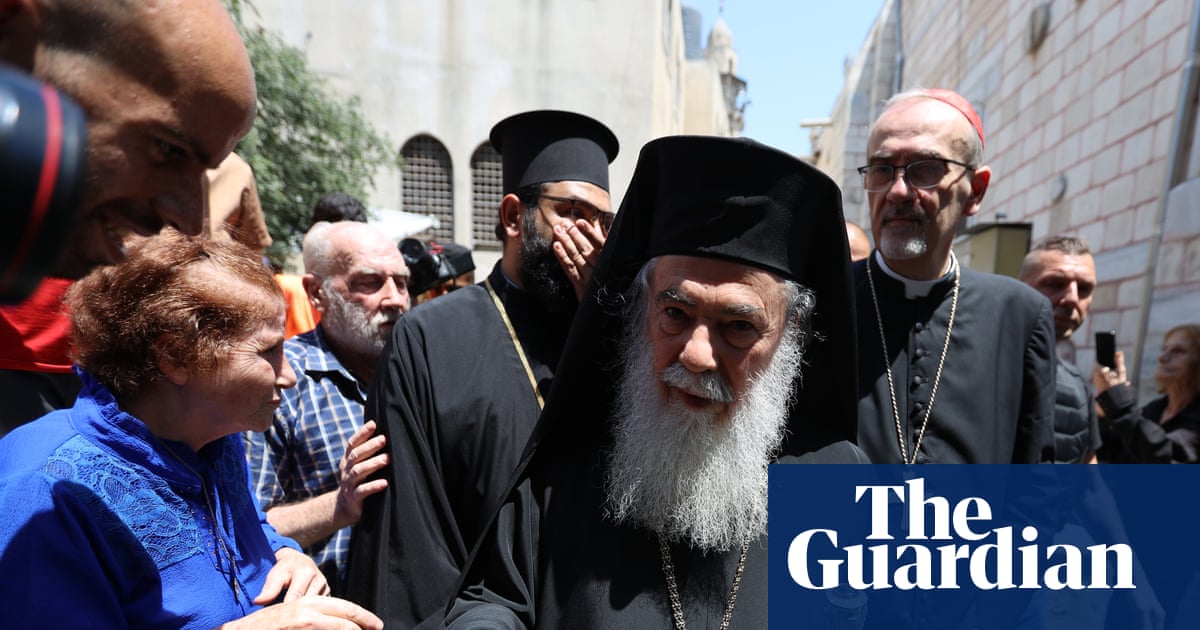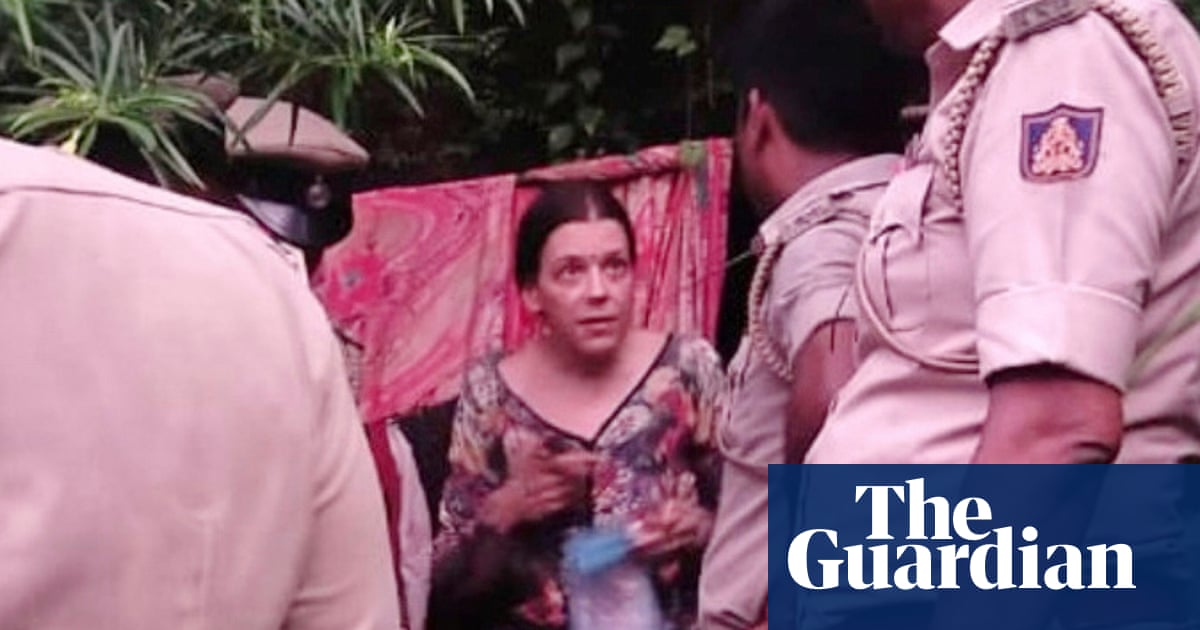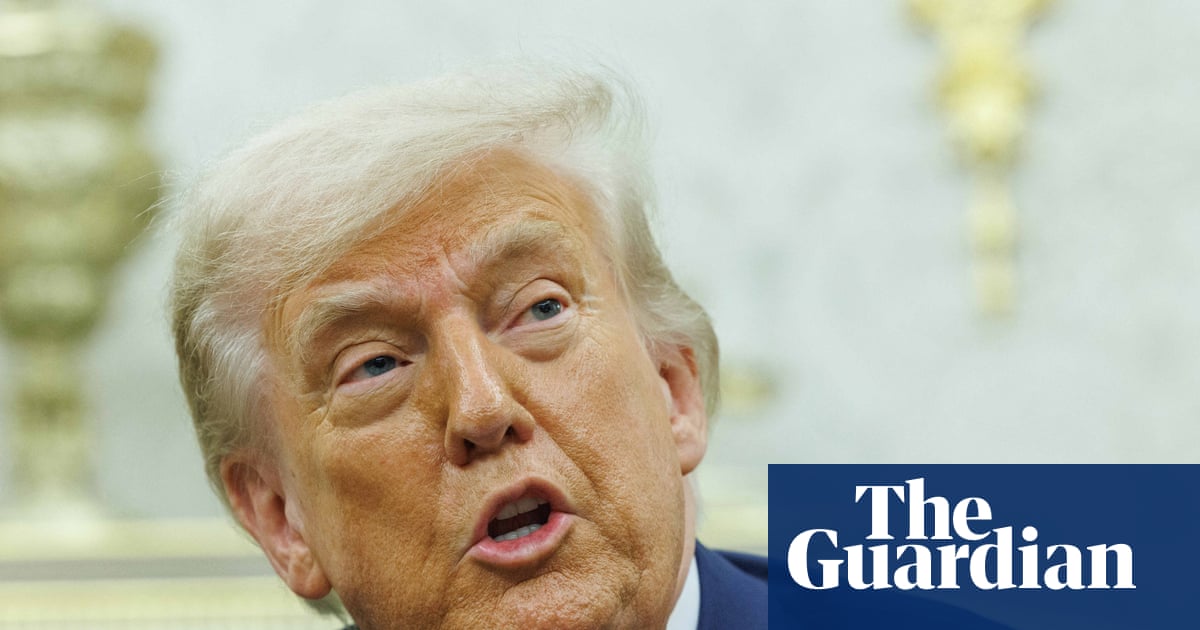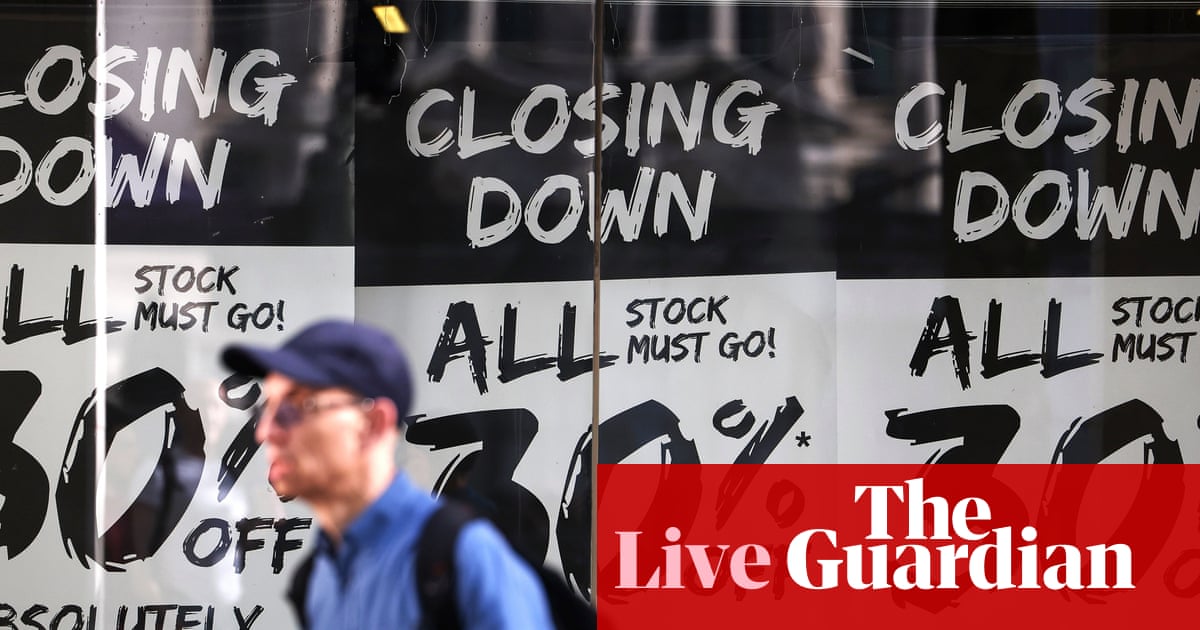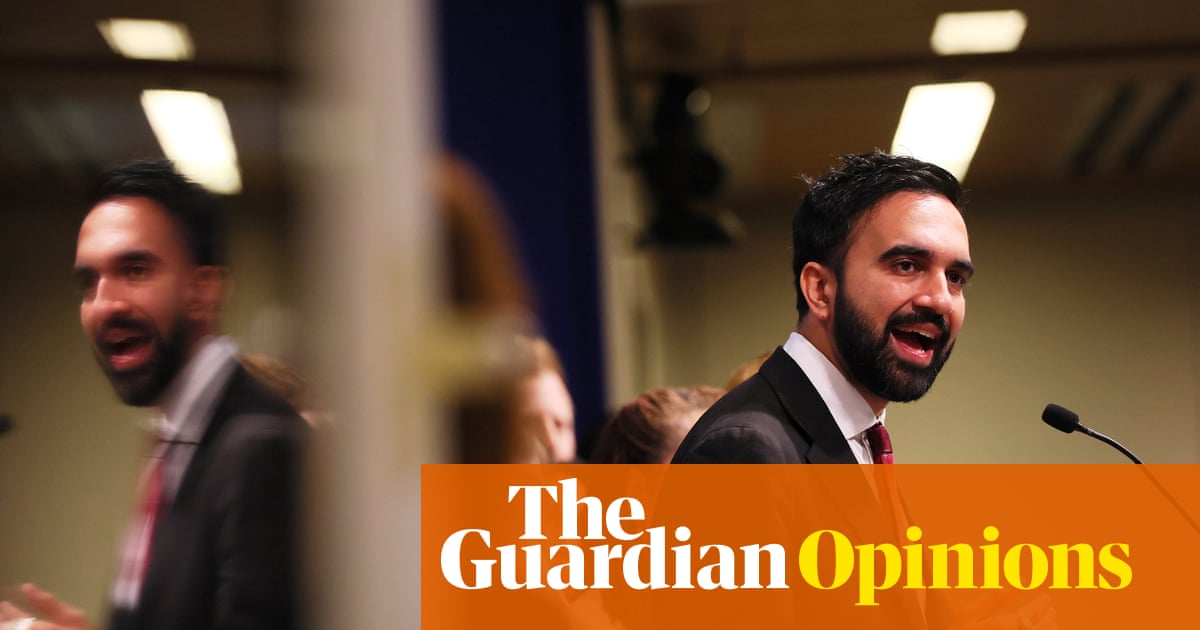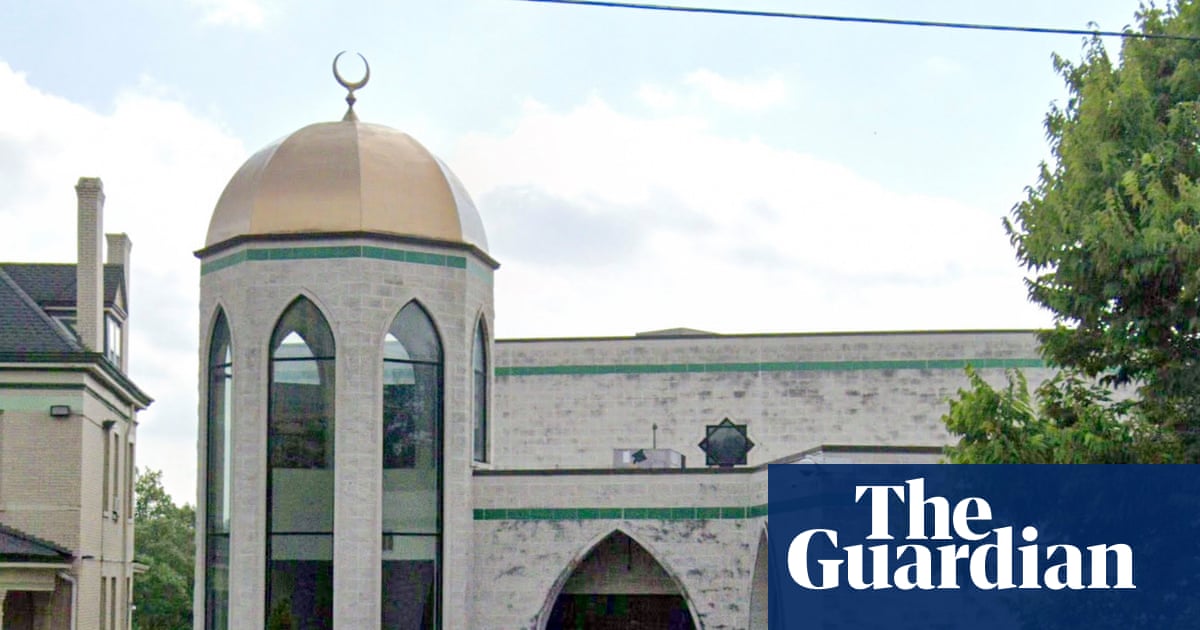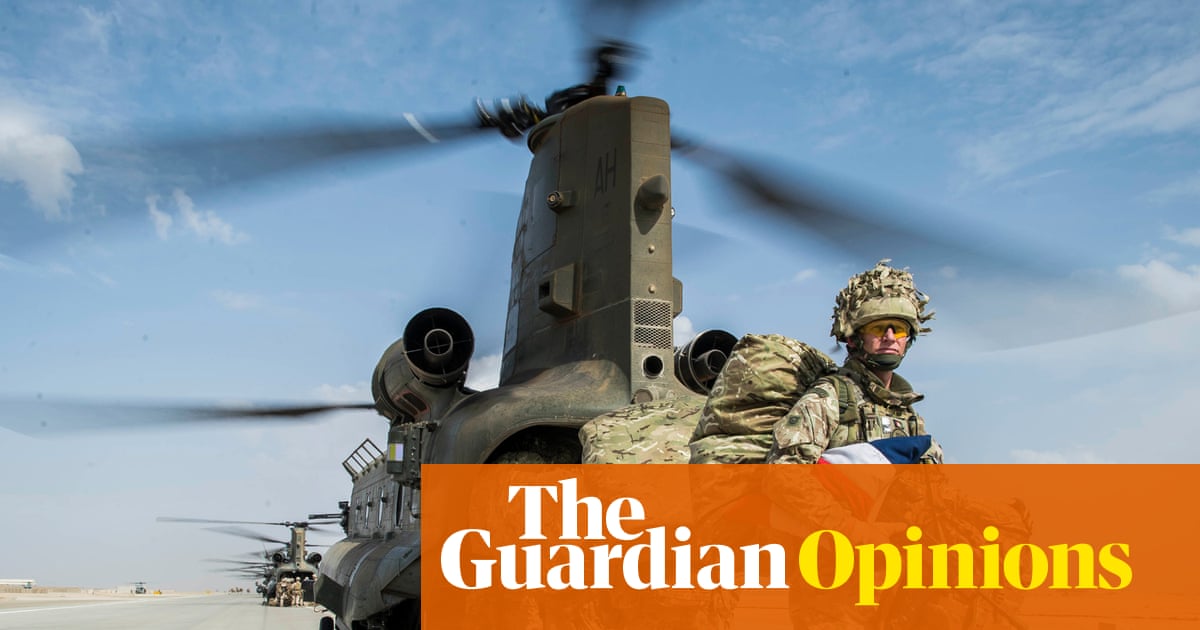Russia’s vital statistics
Over the past decade, Gennadiy Shukin has increasingly struggled to recognise the landscape he has known his whole life. River crossings that used to stay solidly frozen until spring now crack underfoot. Craters have begun erupting from thawing permafrost, and in the shallow waters where thick ice should be newborn reindeer calves are drowning. “Last December, the cold barely came,” said Shukin, a reindeer herder in the Russian Arctic.
The Arctic is warming 2.5 times faster than the global average, and in Russia’s far north these effects are existential. “We’re the canary in the coalmine,” Shukin, 63, said. “We are the first to witness climate change in such a dramatic way. It’s no longer a distant threat. I hope the rest of Russia is paying attention.”
The impact of the climate crisis is increasingly visible across Russia’s vast expanse of 11 time zones. Some of Shukin’s neighbours have had to abandon their homes as melting permafrost leads to huge cracks in the ground that swallow homes, pipelines and roads. Farther south, fire has scoured forests, with an area as large as Italy burnt in some of the largest wildfires in the country’s history.
But the country remains the world’s fourth-largest emitter of greenhouse gases and is often described as a laggard – or even an obstructionist – on climate policy. (Russia is the second largest emitter of methane, a powerful greenhouse gas, but is not signed up to the global methane pledge.)
Angelina Davydova, a leading Russian environmental expert, said: “Russia keeps saying that the climate is important, that international cooperation on climate change is important. But then Russia is not doing anything to combat it. I don’t think it’s a pressing issue; they are happy with the status quo.”
This may be because, in no small part, Russia’s economic stability depends on the fossil fuels that are one of the root causes of the crisis.
Vladimir Putin’s entry to power in the early 2000s, accompanied by a rise in domestic support, was closely tied to a rise in global energy prices, which fuelled rapid economic growth after the instability of the 1990s.
As oil and gas revenues flooded in, Putin moved quickly to consolidate state control over key energy assets, framing himself as the guarantor of Russia’s newfound stability and prosperity. Energy wealth allowed the Kremlin to pay off debts, boost public sector wages and rebuild a sense of national pride – all of which underpinned Putin’s growing political dominance. Oil and gas were not just economic drivers; they became central to the regime’s legitimacy at home and its leverage abroad.
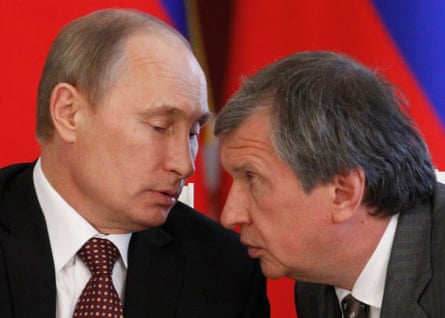
On paper, Russia appears to be meeting some of its climate commitments. Moscow had little trouble fulfilling its pledge to cut emissions to 30% below 1990 levels – a target technically achieved years ago, not through climate policy, but due to the economic collapse that followed the Soviet Union’s breakup.
But throughout Putin’s rule since 2000, the climate has consistently remained a low priority. The climate crisis was left out of the list of national goals for 2024 and omitted from key strategic documents, including the 2020 energy strategy to 2035.
In October 2023, the government did announce a new climate doctrine, but while it acknowledges the risks the climate crisis poses to Russia and reaffirms the country’s already weak emissions targets, it pointedly avoided any mention of fossil fuels as a cause of global heating. References to the link between fossil fuel combustion and greenhouse gas emissions were quietly removed.
Russia’s international reputation as a blocker of action on the climate crisis has only deepened in recent years. In 2021, it vetoed what would have been a historic, first-of-its-kind UN security council resolution calling the climate crisis a threat to international peace and security.
At the 2023 Cop28 in Dubai, while many nations pushed for language calling for a full phase-out of fossil fuels, Russia was among the countries that resisted firm commitments, advocating instead for more flexible interpretations that would protect its oil and gas exports. Moscow’s efforts to get “transitional fuels” recognised in the final Cop28 agreement succeeded, helping to dilute calls for a complete phase-out of fossil fuels and allowing continued reliance on natural gas and other hydrocarbons. A year later, at COP29 in Baku, Russia sent a large delegation dominated by oil and gas lobbyists, whose primary focus appeared to be securing new energy contracts rather than advancing efforts to combat the climate crisis.
According to the Climate Action Tracker, an independent initiative assessing countries’ compliance with the Paris agreement, Russia’s climate policies are “highly insufficient” for meeting the 1.5C (2.7F) goal. If every country followed Russia’s path, the world would be on track for more than 4C of warming.
Still, Davydova noted that in the years leading up to Russia’s full-scale invasion of Ukraine in 2022, the issue of climate change – and how to address it – was beginning to gain “unprecedented traction” among the general public and the business elite.
But Putin’s decision to send troops into Ukraine appears to have put Moscow’s climate plans on ice. The fighting has had a devastating impact on the environment and climate. The climate cost of the first two years of Russia’s invasion of Ukraine was greater than the annual greenhouse gas emissions generated individually by 175 countries, exacerbating the global climate emergency in addition to the mounting death toll and widespread destruction, according to a study on conflict-driven climate impacts. Throughout the war, Russia has deliberately targeted energy infrastructure, generating major leaks of potent greenhouse gases.
Russia’s invasion has also wiped out any incentive to invest in alternative energy, while, sanctions or no, fossil fuels have become even more central to the Russian economy. In 2022, oil and gas exports accounted for a greater percentage share of the economy than they did before the war, according to a recent study on Russia’s climate policy after the war in Ukraine.
Sanctions, combined with the near-total collapse of cooperation between Russian and western scientists, are likely to further hamper the country’s ability to innovate in green technology. According to the Institute of Economic Forecasting at the Russian Academy of Sciences, Russia’s capacity to reduce greenhouse gas emissions could halve by 2050, primarily due to technological constraints.
But Russia’s elite seems largely unfazed by the climate crisis, instead framing it as an economic opportunity. Last month, Kirill Dmitriev – a close Putin ally – described the Northern Sea Route at a Russian conference on Arctic development as having “interesting prospects” because of global heating, adding rising temperatures in the region could enhance access to untapped reserves of oil, gas and minerals.
The Arctic has become a central focus in discussions of potential cooperation between the Kremlin and the Trump administration – with both having shown little concern for the climate crisis. Moscow and Washington have already held two meetings in Saudi Arabia to explore joint Arctic energy projects. The Kremlin wants to capitalise on its Arctic resources, and the US interest in them, to seek long-desired relief from sanctions and use the region as a springboard for rebuilding relations with Washington.
For some, this is a worrying prospect. “The Russian government has no alternative to offer its citizens except the destruction of nature for profit and war,” said the climate activist Arshak Makichyan, who has built a reputation as the Russian answer to Greta Thunberg.
The problem is in authoritarian Russia, public opinion holds little sway over the Kremlin’s agenda – and on the climate crisis, the government sees even less reason to act, Makichyan admits. Russia’s war in Ukraine and western sanctions appear to have overshadowed Russians’ concerns about the environment, with polls now showing that most view it as a distant issue. A 2024 survey by the independent Levada Center ranked environmental problems 12th among societal worries, far behind economic issues such as rising prices. By contrast, in 2020 48% of Russians listed “environmental degradation” as the greatest threat to the planet.
And the few environmental voices that have spoken out have been swept up in the broader crackdown on anti-war sentiment and political dissent; the state has outlawed local branches of the WWF and Greenpeace International, while also jailing dozens of environmental activists across the country.
“The environmental movement currently has no means to speak to a wide audience of Russians about the dangers of climate change,” said Makichyan, who was expelled from Russia in 2022, stripped of his Russian citizenship and now lives in Berlin. “It’s dangerous to have no means of raising awareness about climate change because, while the Putin regime will eventually fall, the climate crisis isn’t going anywhere.”

 4 hours ago
3
4 hours ago
3
